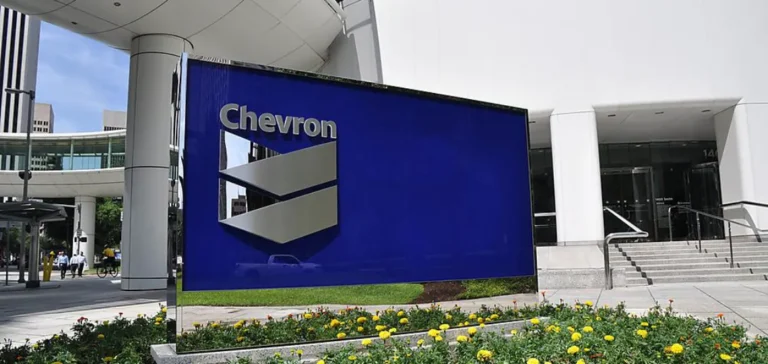Chevron Corporation has reported zinc contamination in Mars crude oil, following the start-up of a new offshore well in the Gulf of Mexico. Mars crude is a blend of oils extracted from several platforms located off the coast of Louisiana. This type of crude, known as “medium sour,” is particularly sought after by US refineries for its balanced composition, which allows the efficient production of fuels such as gasoline and diesel. The incident quickly caused disruptions, as refineries were forced to suspend certain purchases and the federal government stepped in to secure regional supply.
Contamination with technical and economic consequences
The presence of zinc in crude oil is unusual and has raised significant concerns among refiners. Zinc, when present in crude oil, can damage refining equipment and catalysts used in the conversion of oil into fuels. According to several industry sources cited by Reuters on July 11, the use of contaminated crude not only risks generating high maintenance costs, but may also reduce the quality of the fuels produced. The contamination could thus trigger chain reactions throughout the entire supply system, forcing refineries to reconsider their production plans.
Strategic reserve mobilisation and market adjustments
In response to the situation, the United States Department of Energy (DOE) authorised the exceptional delivery of up to 1 million barrels of oil from the Strategic Petroleum Reserve (SPR) to the Exxon Mobil Corporation refinery located in Baton Rouge. This measure is intended to offset the temporary shortage of Mars crude, which is essential to the optimal functioning of local facilities. Exxon Mobil Corporation has stated it would temporarily stop purchasing this crude until the zinc issue is resolved, also indicating its commitment to return these volumes to the reserve once the crisis is over.
The suspension of crude imports from Venezuela, reduced exports from Mexico, and a drop in Canadian deliveries – exacerbated by recent wildfires – have worsened the situation. According to data from the US agency, oil stocks in the region have fallen to their lowest seasonal level in seven years.
Sustained demand and price volatility
Mars crude is transported at a rate of 575,000 barrels per day to Gulf Coast refineries, according to Energy Aspects. Prices for Mars crude have seen sharp fluctuations, moving from a $1 premium at the end of June to a $0.10 discount, before rebounding to a $0.15 premium per barrel compared to standard US crude. This volatility reflects market uncertainty in the face of a constrained supply.
Demand for refined products, such as gasoline and diesel, reached 20.9 million barrels per day last week, the highest level for this period in five years, according to data reported by Reuters. In response to these pressures, Chevron Corporation indicated it is actively working to resolve the problem while maintaining its production targets.






















